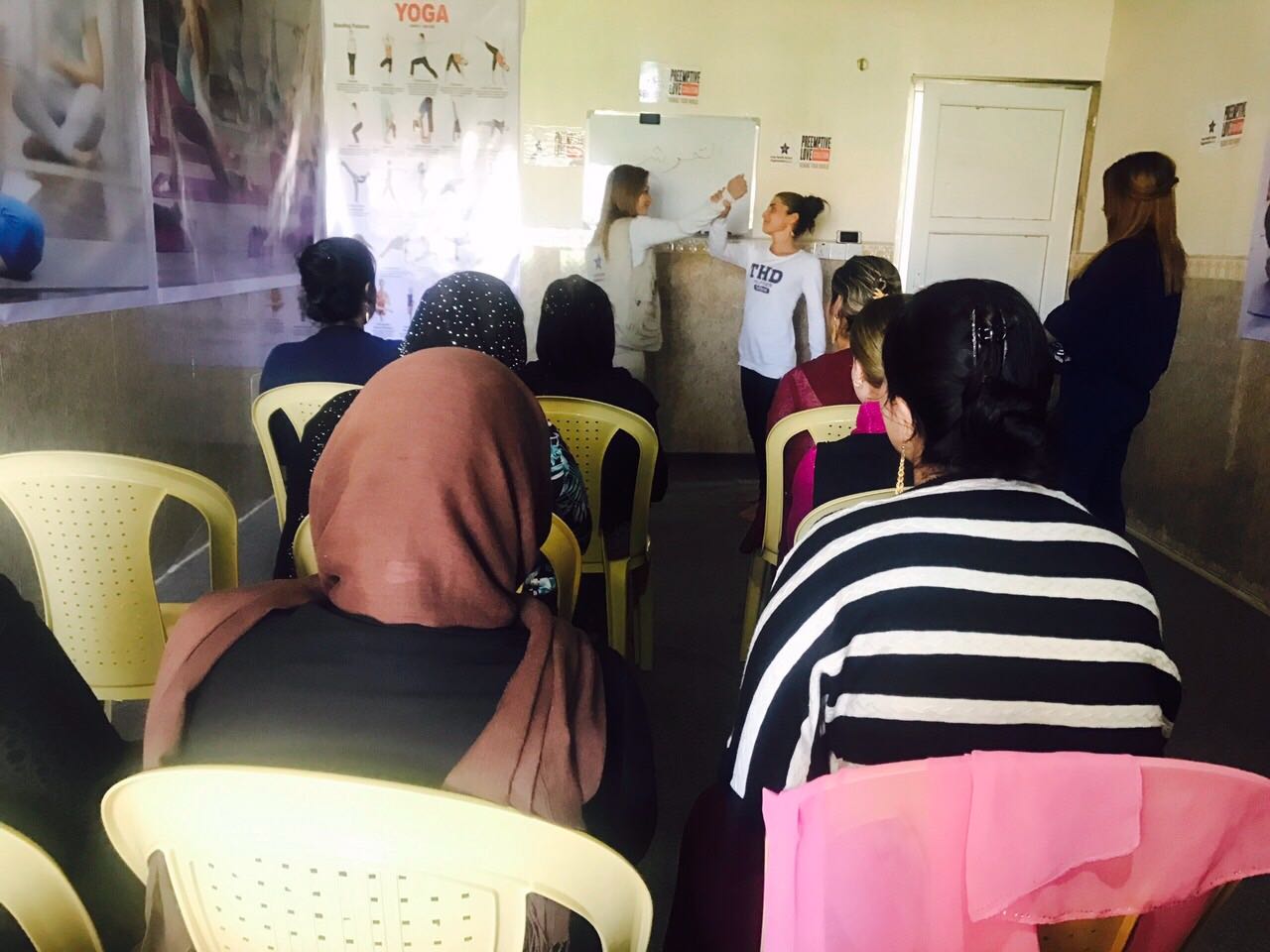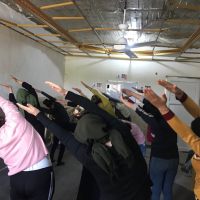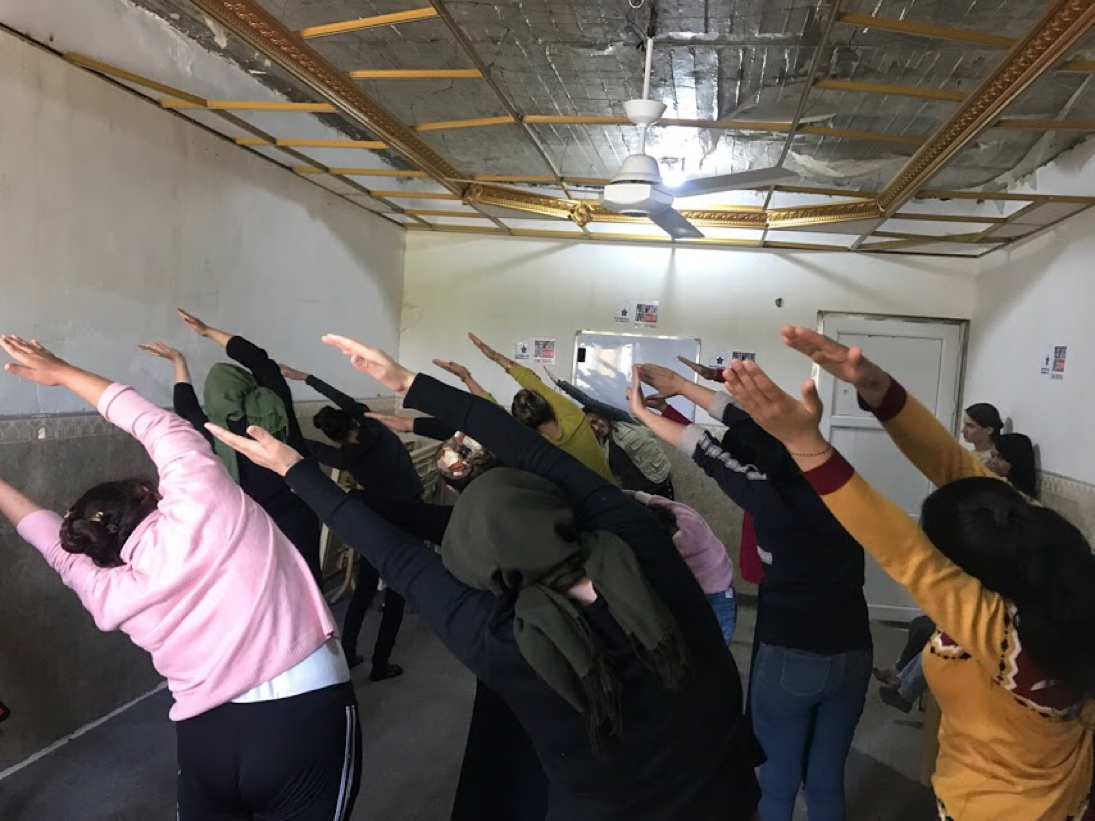Trauma. It’s hard to go through life without experiencing some event that forever alters the way we see the world.
Traumatic events leave a mark on our minds and our hearts long after physical symptoms have disappeared. Some have nightmares, and some flashbacks while fully awake. Some experience exaggerated responses to minor situations, their bodies suddenly returned to full “flight or fight mode.”
Some of us have experienced trauma at such a deep level that it causes us to completely mistrust our bodies—to disconnect.
Such is the case with thousands of Iraqis—Yazidis—who suffered prolonged violence at the hands of ISIS. If you’ve heard of the Yazidi community at all, a distinct faith and cultural group in Iraq, Syria, Turkey, and Armenia, it’s likely because of the way they were captured and enslaved by ISIS. Thousands of women and children were captured and pressed into some form of slavery. For boys, they were most often forced into military training camps and taught how to kill. For women and girls, it was domestic and sexual slavery.
Those that fled, and those who have been freed as ISIS lost control of the land they held, were also exposed to violence and trauma. And as formerly captured Yazidis have gone back home—returning to communities destroyed by war, with little infrastructure or medical services—reentry itself is often traumatizing.
These families, especially slavery survivors, need a place where they can receive therapy and reintegrate into their communities. They need somewhere safe to share their experiences and feelings, and to receive treatment for the lasting impact of the horrors they suffered.
We are providing just such a place.
At a center in Sinjar, spiritual homeland for the Yazidi people and hometown for so many women who were taken, women are being empowered to become peacemakers and leaders rather than retreating into their trauma.
Yoga and Self-Defense as Tools of Healing
Women are learning yoga (pictured above) and self-care techniques to help them recover from their trauma. Three times a week they gather to learn how to reconnect with their bodies in a positive way. Their bodies are growing stronger and so is their self-esteem as they make a gradual return to a happier and more confident life.
Women also participate in self-defense courses at the center. In Iraqi society, boys are raised to be the protectors of women and girls. For the most part, this has worked well enough for Yazidi families for thousands of years. But in times of war, and particularly in times of genocide–when so many men in their communities were killed–women have been left completely vulnerable.
Courses that teach women simple techniques to protect themselves go a long way to healing some of the terrifying feelings of helplessness, and allow them to move into the future with less fear, and more self-confidence.

The work of rebuilding home after war is extremely complex. We can see bombed bridges, and understand that new infrastructure is needed to span rivers. We can see destroyed schools, and understand that repaired classrooms are needed to span gaps in education.
We can’t see the broken places inside the victims of war. But the survivors of war trauma often need to rebuild their relationship with their first home–their own bodies–before they are able to think about rebuilding their communities.
This work is slow. It’s incredibly delicate. And it’s absolutely essential.


